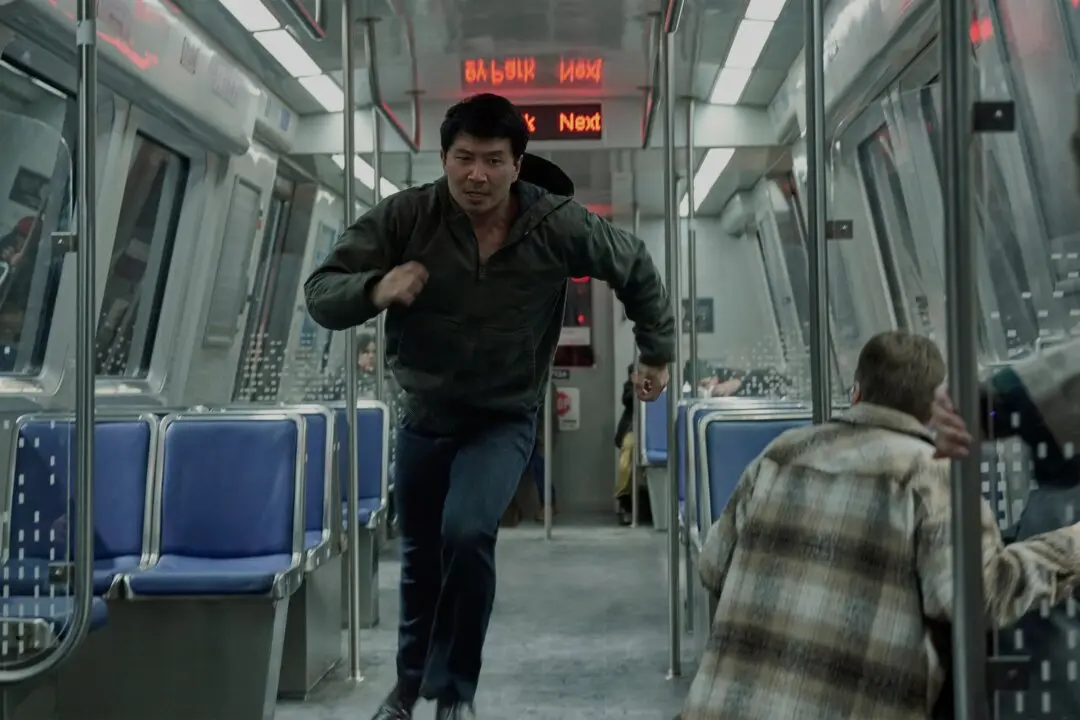If you think Hollywood endings are unrealistic, trying living up to a Bollywood ending. Happily-ever-afters are simply beyond the reach of a poor, marginalized street worker like Rafi. Ostensibly, the educated Miloni has more advantages, but she is also restricted by social norms and her family’s expectations. Yet, maybe, just maybe, they can make some kind of connection in Ritesh Batra’s “Photograph,” which screened during the 2019 Sundance Film Festival.
Rafi sort of gets by working as a street photographer, selling souvenir photos to tourists at the Gateway of India. One day, he takes Miloni’s picture, but she disappears to avoid her overbearing family before Rafi can complete the transaction. He repurposes her photo, sending it to his grandmother Dadi, hoping to allay her fears that he will never marry. When their paths cross again, Miloni agrees to pretend to be his fiancée, for the sake of his Dadi.




